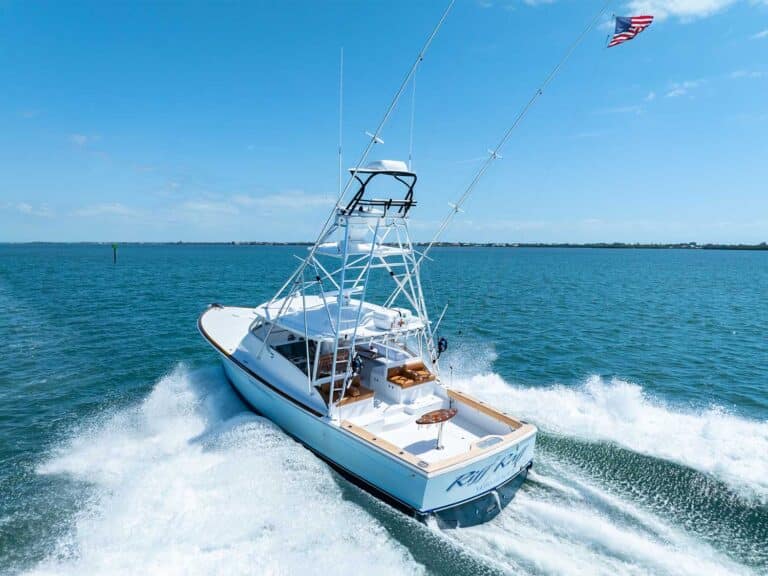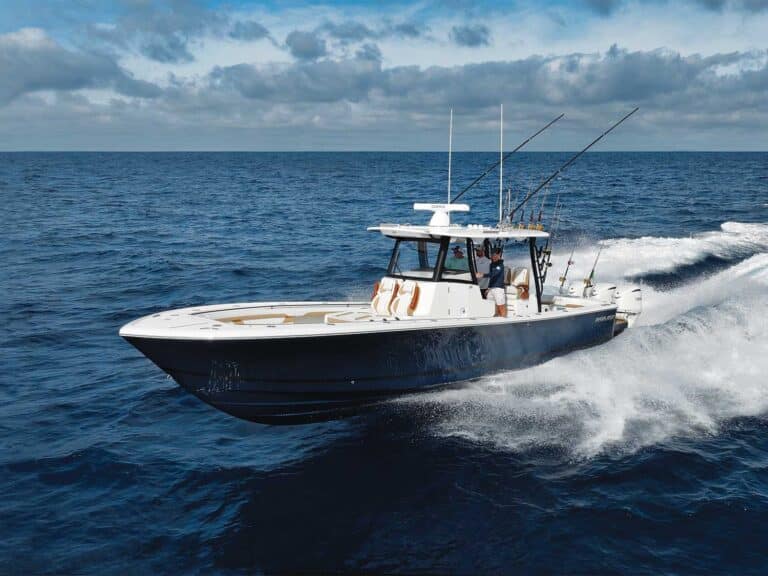Dania Beach, FL— A bipartisan amendment that would end the importation of billfish into the United States for commercial sale was offered Thursday, June 7, 2012 by Senator Jon Tester (D- Montana) and Senator John Thune (R-South Dakota) as part of a sportsmen’s package of amendments to the Senate Farm Bill. Tester and Thune are the Senate Co-Chairs of the Congressional Sportsmen’s Caucus, the largest caucus in Congress.
The Billfish Conservation Act of 2011 is part of the sportsmen’s package, and if the Farm Bill passes the Senate, it will be well on its way to becoming law. By protecting these magnificent fish from overfishing, this legislation will be a big step in the long-overdue recovery of billfish. “Billfish are harvested by other nations and sold to the U.S. even though the U.S. has strong conservation measures in place for its waters; this has caused a serious decline in populations,” said Rob Kramer, President of the International Game Fish Association. “This amendment puts an end to that, so it is great news for billfish and for people working in sportfishing and marine businesses.”
“Billfish are the lions and tigers of the sea,” says Ken Hinman, president of the National Coalition for Marine Conservation. “Now is the time for Congress to make it clear that the future of these magnificent fish is not for sale.”
Background:
The legislation was introduced in the House of Representatives by Rep. Jeff Miller (R-FL), Rep. Mike Ross (D-AR), Rep. Bob Latta (R-OH), Rep. Heath Shuler (D-NC), Rep. Rob Wittman (R- VA), Rep. Jeff Duncan (R-SC), Rep. Michael Michaud (D-ME), Rep. Jo Bonner (R-AL), and Rep. Dan Boren (D-OK).
In the Senate, the legislation was introduced by Senator David Vitter (R-LA), Senator Bill Nelson (D-FL), Senator John McCain (R-AZ), and Senator Sheldon Whitehouse (D-RI). It
1
would prohibit the sale of all billfish (marlin, sailfish and spearfish) in the United States, while still allowing for traditional fisheries within the State of Hawaii and the Pacific Insular Area. Swordfish are not included in the prohibition.
Marlin, sailfish and spearfish, collectively called billfish, are some of the world’s most majestic marine fish. They are apex predators that play a critical role in maintaining healthy ocean ecosystems. Billfish are also highly esteemed by recreational anglers the world over, and catch- and-release fisheries for these species support many marine jobs and generate billions of dollars to the U.S. economy.
Unfortunately, the world’s billfish stocks are seriously imperiled from non-U.S. commercial fishing. Recently, as a result of these population declines, the International Union for the Conservation of Nature listed blue and white marlin as threatened species and striped marlin as nearly threatened.
Billfish are primarily caught as by-catch in non-U.S. commercial tuna and swordfish fisheries, but the by-catch is harvested and sold internationally, with the United States serving as the world’s largest importer of billfish. For nearly two decades, the U.S. has had a ban on the sale of Atlantic-caught billfish, yet no such ban exists for Pacific-caught billfish. This Pacific Ocean loophole also creates a black market for Atlantic-caught billfish because there is no way to effectively enforce the distinction. Other countries continue to sell billfish in the U.S. through this loophole. The Billfish Conservation Act of 2011 closes that loophole.
There are many sustainable alternatives for restaurants and retailers to offer in place of billfish; thus most restaurants have taken marlin and other billfish off the menu.
—Source: IGFA / NCMC







